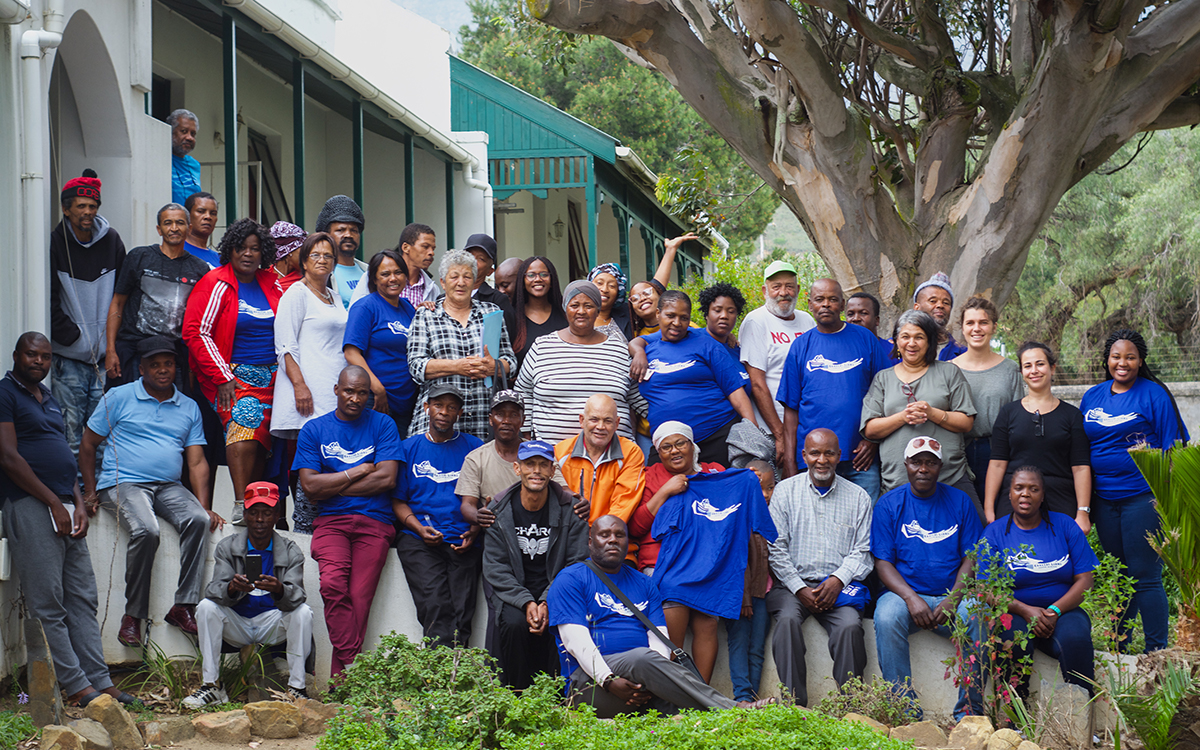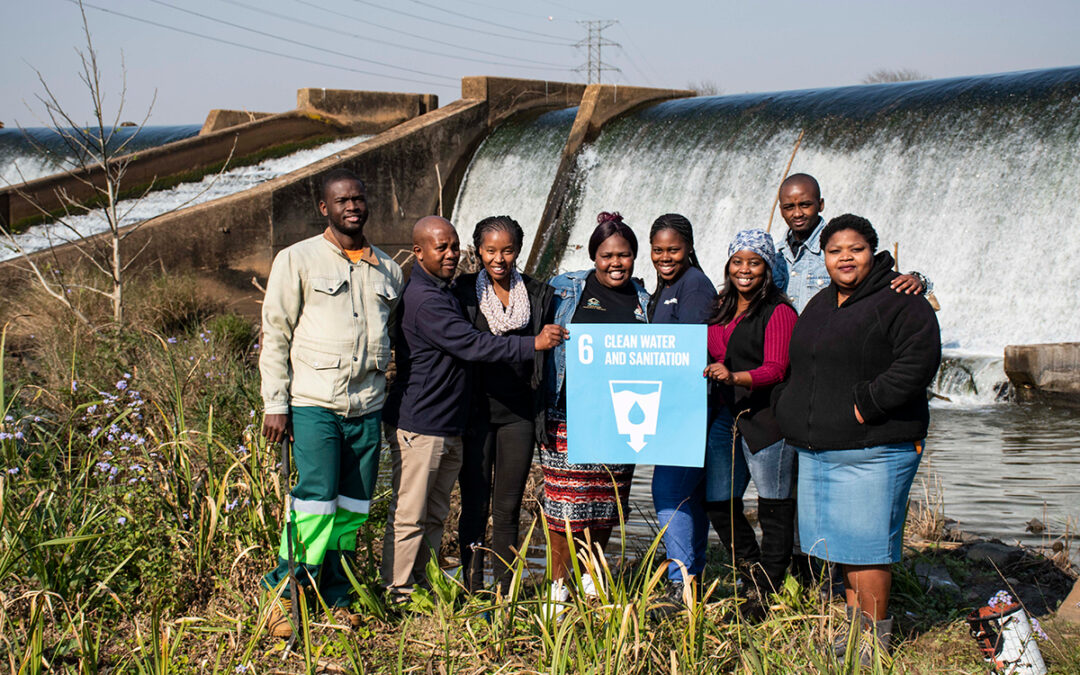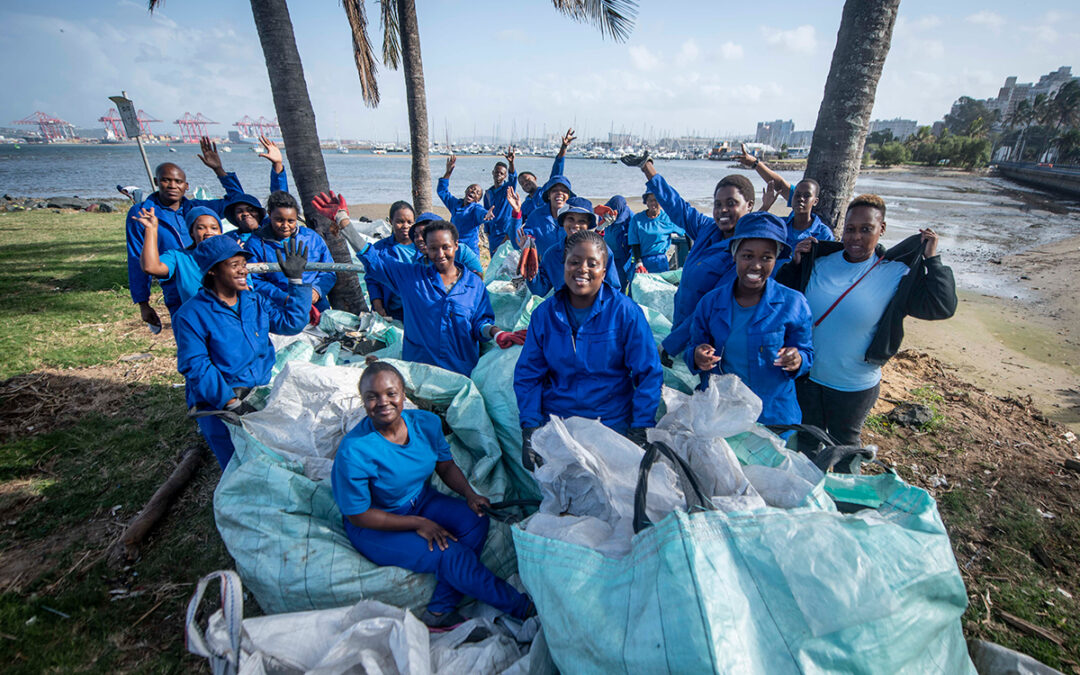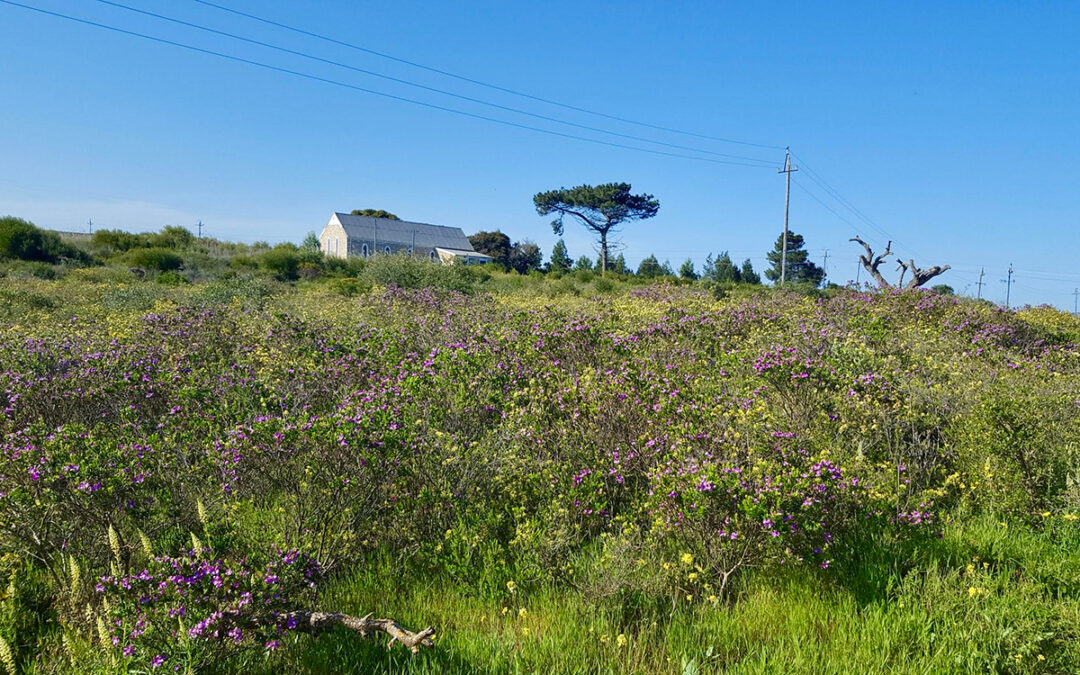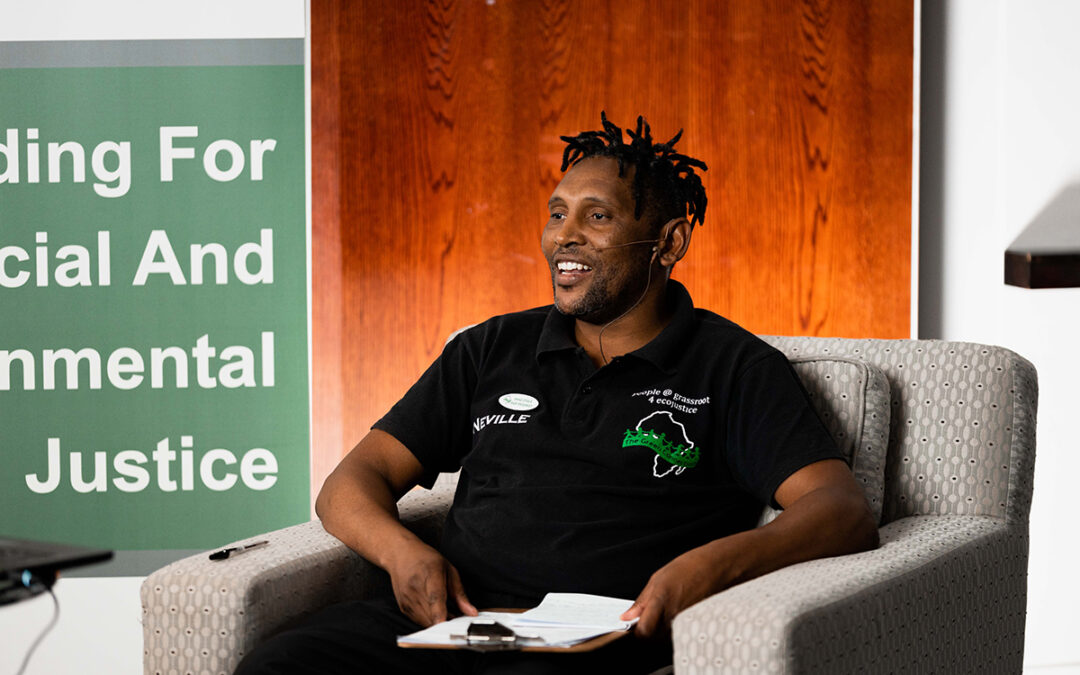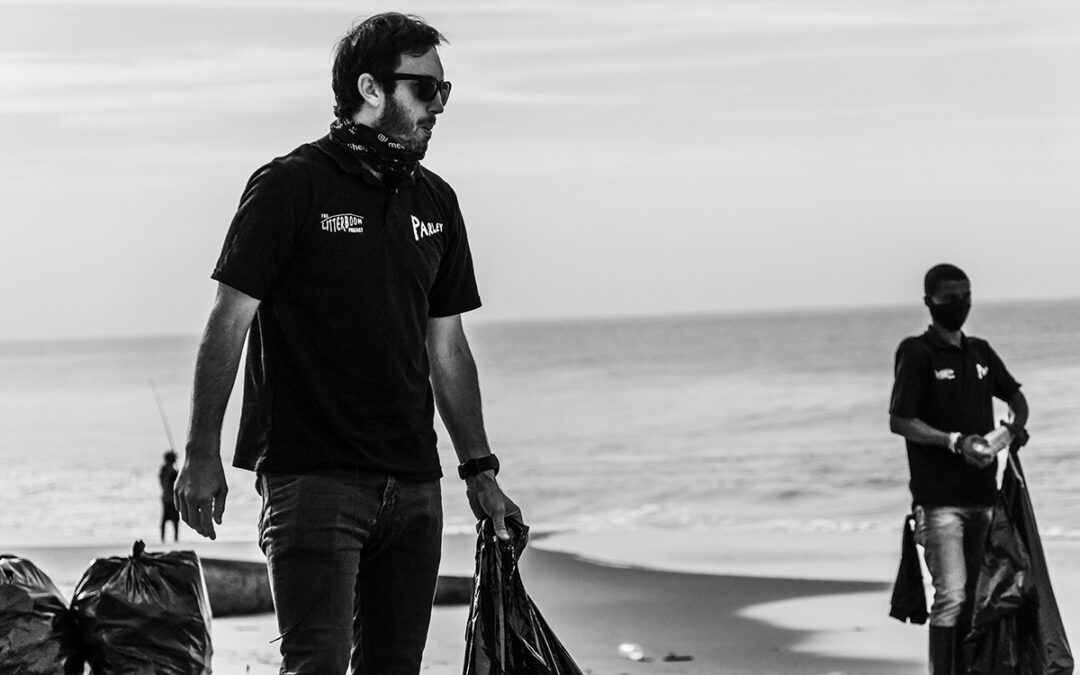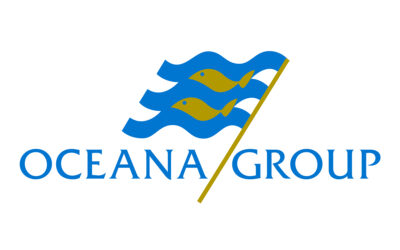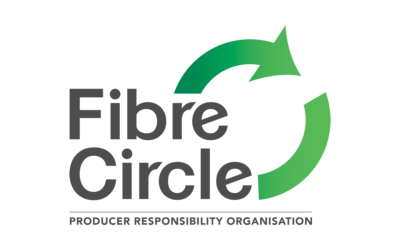The Masifundise Development Trust advocates for small-scale fishers. Masifundise’s vision has evolved over more than four decades. Originally established in 1980 as an adult literacy outreach trust, Masifundise supported people of colour in the Western Cape during the apartheid era, providing them with access to education.
In 1998, Masifundise began to change focus. The trust realised that with many organisations working on land issues, no one was paying attention to small-scale fishers, leaving the fishing community vulnerable.
Masifundise Development Trust registered itself as an independent trust in 2004. Their first key moment was the mobilisation and organisation of the small fishing communities. While the government was developing legislation for commercial fishing rights, it became apparent that the proposed system disregarded small-scale fishing. Masifundise successfully campaigned for a change in policy development at grassroots level. Small-scale fishers became involved in policy-making, putting them firmly at the centre of decision-making. The policy took into consideration the knowledge of the fishers and interaction with the ecosystems in which they worked.
Since 2012, Masifundise’s work has expanded the full length of the South African coastline. In 2017, the organisation turned its attention to assisting inland fishing communities, with current legislation not recognising small-scale fishing for livelihoods in rivers and dams.
Masifundise provides fishing communities in South Africa with the relevant knowledge and skills to become their own “agents of change” through its food sovereignty in small-scale fishing programme.
A 2018 supreme court of appeal ruling recognised the rights of small-scale fishers to continue customary fishing practices. Masifundise Development Trust empowers fishing communities to assert these rights.
“We empower fishing communities to assert their rights. In terms of conservation, we strongly believe that small-scale fishers are the custodians of natural resources because they depend on these resources in order to survive.”
